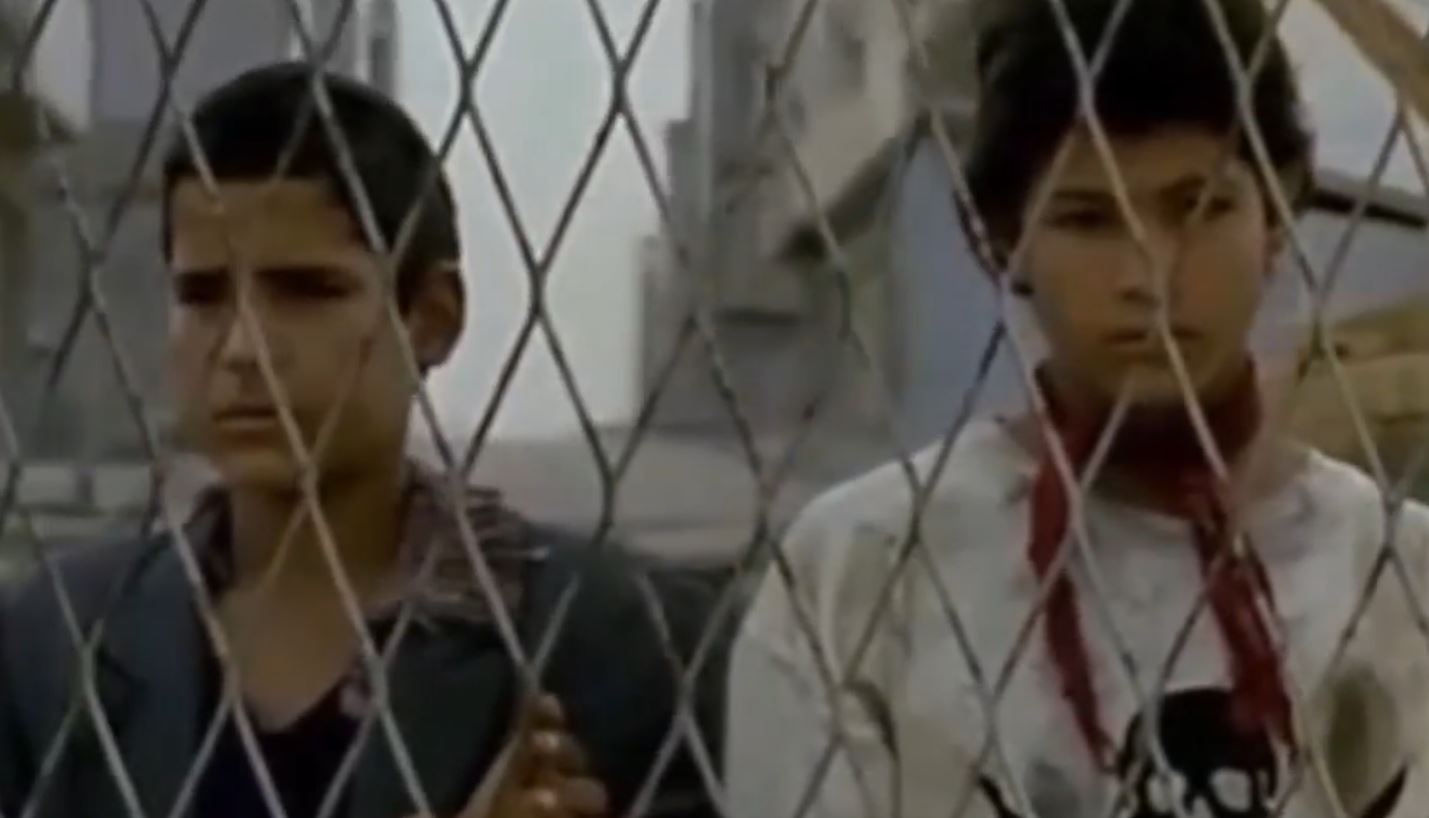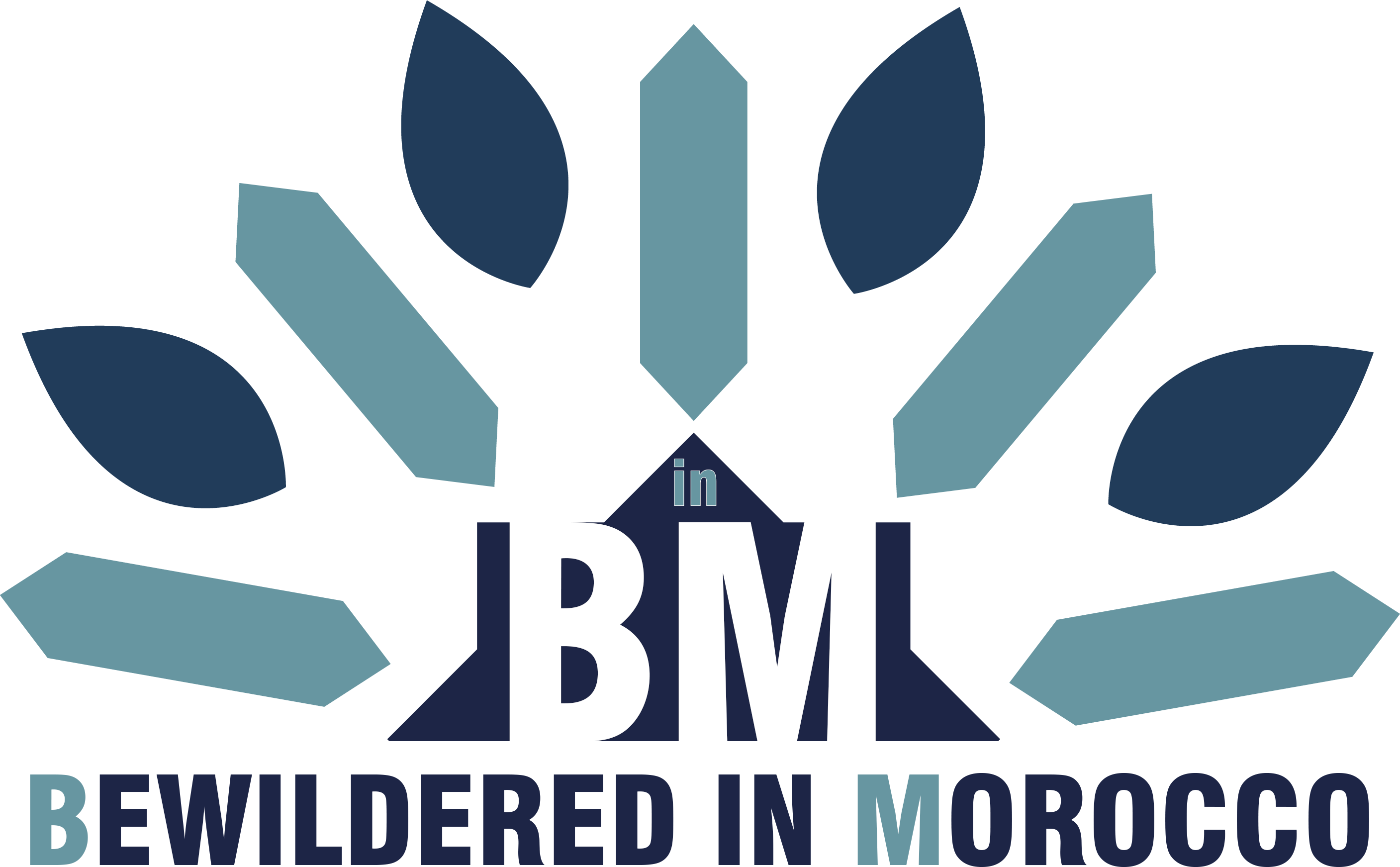Walking through the streets of Casablanca, you've probably noticed them - the children who seem to blend into the urban landscape like street lights or sidewalks. They're there, but somehow invisible to the rushing crowds. This is exactly what director Nabil Ayouch brings to light in his masterpiece "Ali Zaoua" (2000), a film that changed how we see street children in Morocco.

The Story That Needed to Be Told
The film follows three street children - Omar, Kwita, and Boubker - on their mission to give their friend Ali Zaoua a dignified burial after his tragic death. It might sound simple, but through this journey, Ayouch weaves a powerful narrative about dreams, dignity, and the invisible walls we build between society's layers.
Dreams Chalked in Reality
What struck me most about this film is how it uses chalk animations to illustrate the dreams of these children, particularly Ali's aspirations to become a sailor. These simple yet powerful drawings serve as windows into their souls, showing us that these "invisible" children have the same capacity to dream and hope as anyone else.
The chalk itself becomes a poignant symbol - traditionally associated with schools and education, it here becomes a tool for these children, who have no access to formal education, to draw their dreams and create imaginary homes on the harbor's concrete.
The Power of Names
One detail that particularly caught my attention was how Ali Zaoua is the only character with a full name. In Morocco, as in many places, your full name is your identity - it's what you need for ID cards, job applications, and marriage certificates. By giving only Ali a complete name, Ayouch subtly highlights how these children have been erased from society's official narrative.
A Different Kind of Storytelling
What makes "Ali Zaoua" special is its approach to depicting street children. Instead of seeking pity, the film demands respect. The director's choice to cast real street children brings an authenticity that no professional actors could achieve. Their faces tell stories that no script could capture.
The Hidden Message in Ayouch's Cameo
Here's an interesting detail you might have missed: while Nabil Ayouch doesn't physically appear in the film, he leaves his mark through a clever cameo. In the cemetery scene, there's a gravestone bearing his name, birth date, and a future death date of 2064. This subtle detail adds another layer to the film's meditation on life, death, and dignity.
Why This Film Matters Today
Living in Morocco for over a decade now, I've seen how this film continues to resonate. While much has changed since 2000, "Ali Zaoua" remains relevant because it challenges us to truly see those we've trained ourselves to overlook. It reminds us that dignity isn't something that should be earned - it's inherent in every human being, regardless of their circumstances.
A Personal Reflection
Every time I walk through Moroccan cities now, I think about Ali Zaoua and his friends. The film has changed how I see the street children I encounter. Behind each face, there might be a dreamer like Ali, an artist like Boubker, or a loyal friend like Kwita. They're not just part of the urban landscape - they're individual stories waiting to be acknowledged.
If you haven't watched "Ali Zaoua" yet, I highly recommend it. It's not just a film about street children in Morocco - it's a universal story about dreams, dignity, and the power of friendship. More importantly, it's a reminder that sometimes we need to look closer at what we've trained ourselves not to see.
Have you watched "Ali Zaoua"? What were your thoughts about the film? Share your reflections in the comments below - I'd love to hear your perspective on this powerful piece of Moroccan cinema.
Note: The film contains some strong language and themes that might not be suitable for all viewers.
